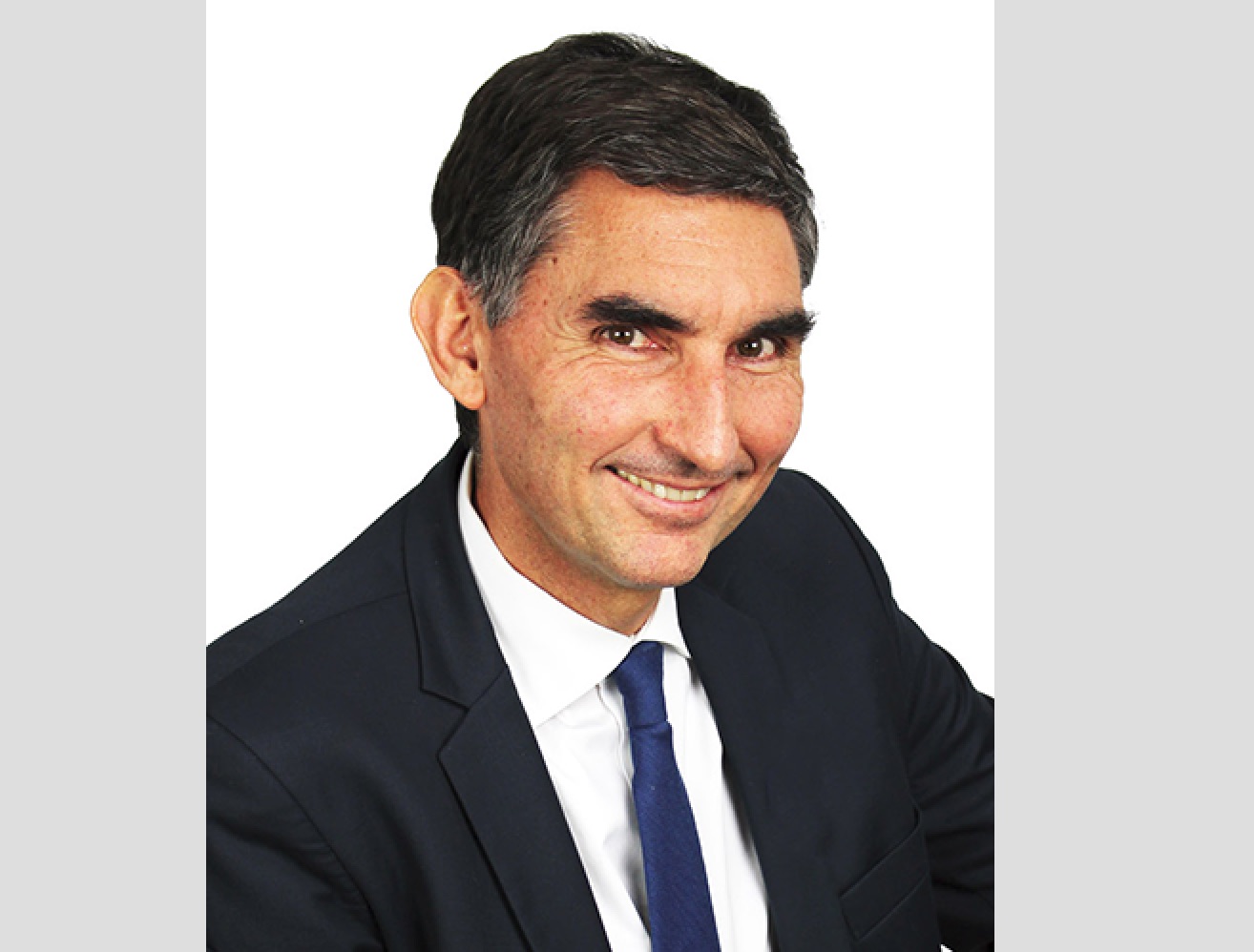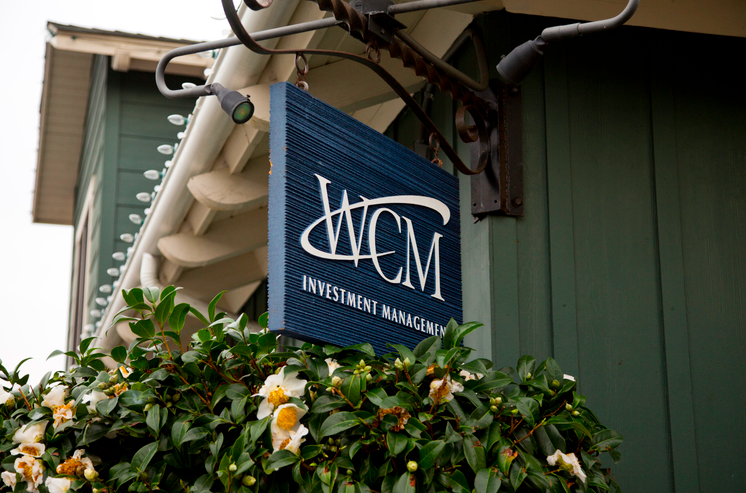Fintech and Machine Learning Among New Topics for the CFA Program Curriculum in 2019
| By Alicia Miguel | 0 Comentarios

CFA Institute, the global association of investment management professionals, has introduced its 2019 CFA® Program curriculum for June and December 2019 exam candidates. Guided by a robust practice analysis process that tracks how the investment management profession changes over time, CFA Institute regularly updates its curricula to arm candidates with the skills and knowledge needed for success in the rapidly evolving industry.
“The integration of next-generation knowledge into our curricula on emerging topics like fintech and machine learning ensures our candidates are fully prepared to not only have a place in the industry, but to lead it,” said Stephen M. Horan, CFA, CIPM, managing director of credentialing at CFA Institute. “It is challenging to keep a nearly 9,000-page curriculum up to date, and we take that task very seriously to prepare the next generation of investment managers for the demands of the global capital markets.”
The CFA designation is one of the most respected and recognized investment management designations in the world, and its reputation and that of CFA Institute depend upon maintaining a comprehensive “gold standard” curriculum. To ensure its integrity and relevance, the organization gathers input from practicing investment management professionals, university faculty, and regulators around the globe, who help identify and prioritize the CFA curriculum areas to be added, deleted, or revised.
The 2019 CFA curriculum update includes a total of 10 new readings and major revisions and improvements to 18 existing readings. Among the highlights:
- Fintech enters the CFA Program curriculum at Level I and II, surveying the range of technologies and financial applications in investment management, new content on Machine Learning, and ethics cases within a fintech work setting.
- New content for Level III in Equity Portfolio Management reflecting the latest practices in the areas of both passive and active equity investing.
- New Level III content on Professionalism in Investment Management explaining the characteristics of investment management professions and CFA Institute as a professional body.
- 20 sets of practice problems supporting new curriculum content.
Candidates study approximately 1,000 hours on average to master nearly 9,000 pages of curriculum. Its depth and breadth provides a strong foundation of advanced investment analysis and practical portfolio management skills, which gives investment professionals a career advantage. To earn the charter, candidates must pass all three levels of the exam, considered to be the most rigorous in the investment profession; meet the work experience requirements of four years in the investment industry; sign a commitment to abide by the CFA Institute Code of Ethics and Standards of Professional Conduct; and become a member of CFA Institute. Less than one in five candidates who begin the program actually become CFA charterholders, a testament to the determination and mastery of professional competencies demonstrated by successful candidates.








